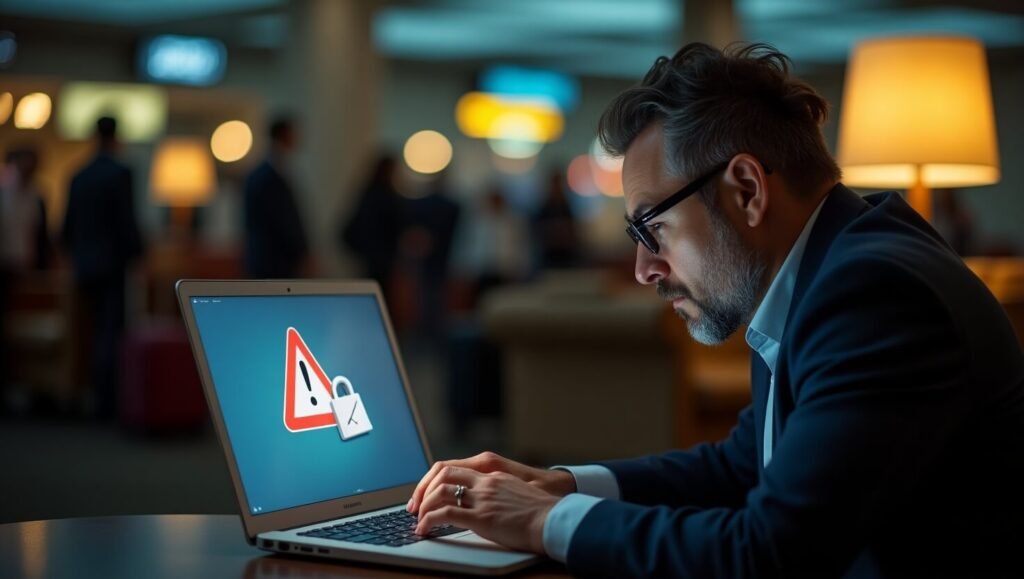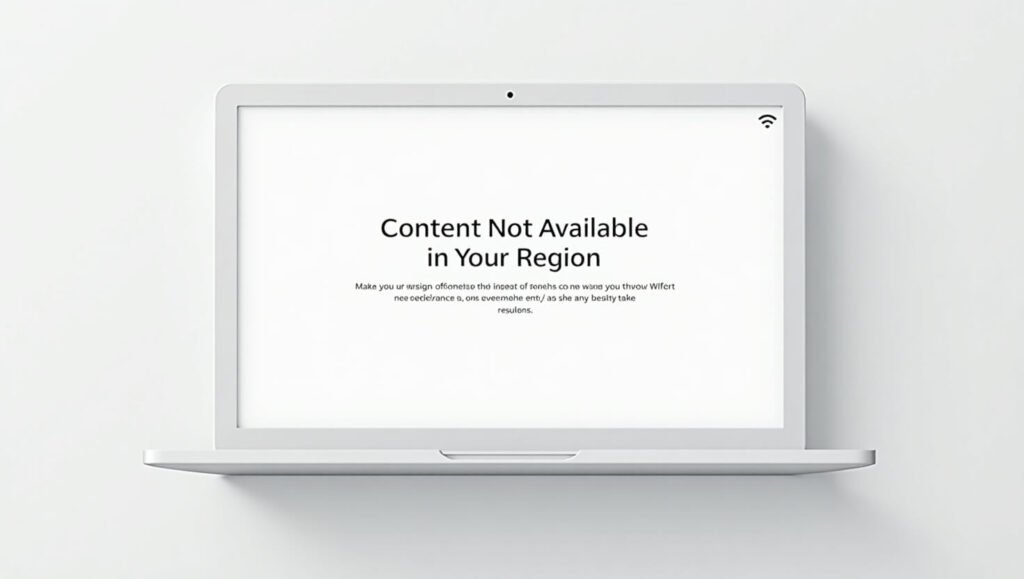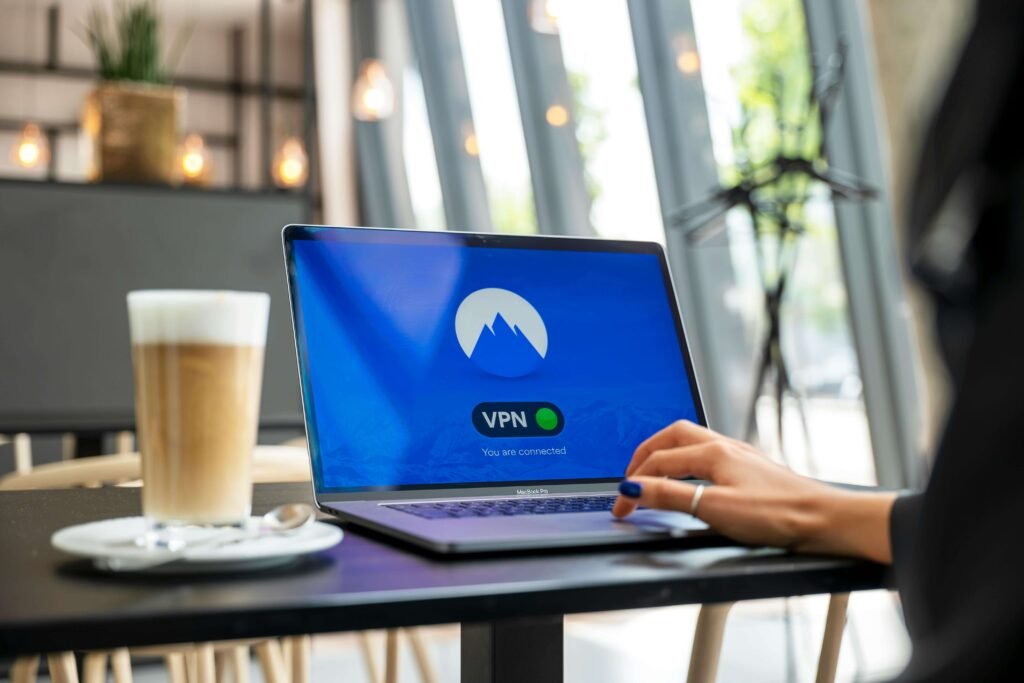Picture this: You’re sipping a coconut on a Thai beach, ready to post that envy-inducing Instagram story. But wait—why won’t the hotel Wi-Fi load? And why is your banking app suddenly blocked? Cue the frustration. Traveling introduces us to new cultures, cuisines, and… tech headaches. Enter the VPN—a tool you’ve probably heard about but might not fully understand. Do you really need one for your trips? Let’s break it down.
Do I Need a VPN for Travel?
Short answer: It depends. But for most travelers, the benefits far outweigh the costs. A VPN (Virtual Private Network) encrypts your internet traffic and masks your IP address, making your online activity private and secure. This is especially critical when using public Wi-Fi networks—think airports, cafes, and hotels—which are notorious hunting grounds for hackers. According to a Norton report, 87% of consumers have risked their data on public Wi-Fi, often without realizing the dangers.

But security isn’t the only perk. Travelers often hit digital roadblocks like geo-restricted content (looking at you, Netflix libraries) or censorship in countries like China or Iran. A VPN lets you bypass these barriers by routing your connection through a server in another country. Imagine watching your favorite shows from home or accessing WhatsApp in Dubai, where VoIP services are typically blocked.
Is a VPN Good for Travel and Why?
Let’s get practical. Here’s why a VPN is a travel essential:
Security on Steroids: Public Wi-Fi is like a buffet for cybercriminals. A VPN encrypts your data, turning your online activity into a code that’s nearly impossible to crack. No more worrying about someone stealing your credit card info while you book a last-minute hostel.
Dodge Geo-Blocks: Ever tried streaming Stranger Things in Europe only to get hit with “This content isn’t available in your region”? A VPN tricks streaming platforms into thinking you’re back home. Services like ExpressVPN even optimize servers for platforms like Netflix and Hulu.

Avoid Censorship: Countries like China, Russia, and Iran heavily restrict internet access. A VPN helps you bypass these “digital borders,” letting you use Google, social media, and communication apps freely. Just note that some governments actively block VPNs, so research your destination first.
Cheaper Flights & Deals: Believe it or not, airlines and hotels often adjust prices based on your location. By switching your VPN server to a country with a weaker currency, you might snag a discount.
Why Use a VPN for Foreign Travel?
Let’s zoom in on specific scenarios where a VPN shines abroad:
- Banking Safely: Logging into your bank account from a café in Bali? Without a VPN, you’re broadcasting sensitive info on an unsecured network. Encryption ensures hackers can’t intercept your login details and steal your data. When I was in Istanbul, my bank flagged my login as suspicious just because I was using the hotel Wi-Fi. I couldn’t access my account until I connected via my VPN to a server back home. Within minutes, I was logged in securely and avoided hours of customer service hassle. That’s when I truly understood how essential a VPN is for travel.
- Accessing Local Content Back Home: Miss your usual news sites or streaming services? A VPN with servers in your home country lets you stay connected.
- Communicating Privately: In countries with strict surveillance, like Saudi Arabia or Vietnam, a VPN shields your texts and calls from prying eyes.
But it’s not all sunshine. Some countries, like China, have “Great Firewalls” that detect and block VPN traffic. If you’re headed there, opt for a provider like Surfshark or NordVPN, which offer stealth modes to disguise VPN use.
Should I Use a VPN for Travel Abroad?
The real question is: When shouldn’t you? While VPNs are legal in most countries, a handful ban or restrict them. For example:
| Country | VPN Legality | Key Restrictions |
|---|---|---|
| China | Restricted | Only government-approved VPNs allowed |
| Russia | Restricted | VPNs must comply with censorship laws |
| UAE | Legal | VoIP services blocked without VPN |
| USA | Legal | No restrictions |
Source: Surfshark VPN Laws by Country
If you’re traveling to a restrictive country, research local laws first. Using an unauthorized VPN could lead to fines or confiscated devices.
VPN vs. No VPN: A Quick Comparison
| Scenario | Use a VPN? | Why? |
|---|---|---|
| Booking flights on hotel Wi-Fi | Yes | Prevents price discrimination and secures payment details |
| Streaming Netflix | Yes | Unlocks your home library |
| Checking local news | No | Faster without encryption; no sensitive data involved |
| Sending work emails | Yes | Protects confidential data from interception |
Choosing the Right VPN for Travel
Not all VPNs are created equal. Key features to look for:
- Server Diversity: More servers = better chances of bypassing geo-blocks.
- Speed: Look for “no-logs” policies and independent audits.
- Device Compatibility: Ensure it works on your phone, laptop, and tablet.
Popular options include NordVPN (great for security and remote work abroad), ExpressVPN (excellent speeds when bypassing geo-blocks while traveling), and CyberGhost (user-friendly for beginners looking for a VPN for traveling overseas).
How to Set Up a VPN While Traveling (Step-by-Step)
Setting up a VPN might sound intimidating, but it’s as simple as downloading a weather app. Whether you’re tech-savvy or new to VPNs, here’s your foolproof guide to securing your connection abroad:
Step 1: Choose a Reliable VPN Provider
First things first—pick a VPN that suits your travel needs. Look for:
• Strong encryption (AES-256 is the gold standard)
• Servers in your home country (to access local content)
• No-logs policy (so your online activity isn’t tracked)
• Device compatibility (works on smartphones, laptops, and tablets)
Top picks like NordVPN or Hide.me offer user-friendly apps and 24/7 support—perfect for travelers.
Step 2: Download the App Before You Go
Pro Tip: Avoid waiting until you’re abroad. Some countries restrict VPN app downloads. Install the app on all your devices (phone, tablet, laptop) before your trip.
Step 3: Connect to a Server
- Open your VPN app
- Log in with your credentials
- Choose a server location:
- Home country: For streaming, banking, or accessing local news
- Current location: For faster speeds (great for browsing nearby attractions)
- “Optimal Location”: Let the VPN auto-select the fastest server for you

Step 4: Test Your Connection
Visit ipleak.net to confirm your IP address matches the server location. If your real location shows up, reconnect to a different server.
Step 5: Enable Extra Security Features
Most VPNs offer bonus tools:
- Kill Switch: Cuts internet access if the VPN drops (prevents data leaks).
- Split Tunneling: Choose which apps use the VPN (e.g., route Netflix through the VPN but keep Google Maps local for speed).
Recommended: NordVPN for Travelers
✔ 30-day money-back guarantee for peace of mind
✔ Fast and reliable speeds worldwide
✔ Thousands of servers in 60+ countries
✔ Works in restrictive regions like China and the UAE
✔ Unblocks Netflix, Hulu, and other popular streaming sites
Final Thoughts
So, do you need a VPN for travel? If you value security, privacy, and seamless access to content—absolutely. It’s a small investment for peace of mind, whether you’re avoiding hackers in a Berlin hostel or binge-watching The Office in Bangkok. Just stay informed about local laws, choose a reliable provider, and enjoy your adventure with one less thing to worry about.
Bonus Tip:
If you’re on a budget or just starting out, hide.me VPN offers a free plan and affordable premium options, making it a great alternative for casual travelers.



